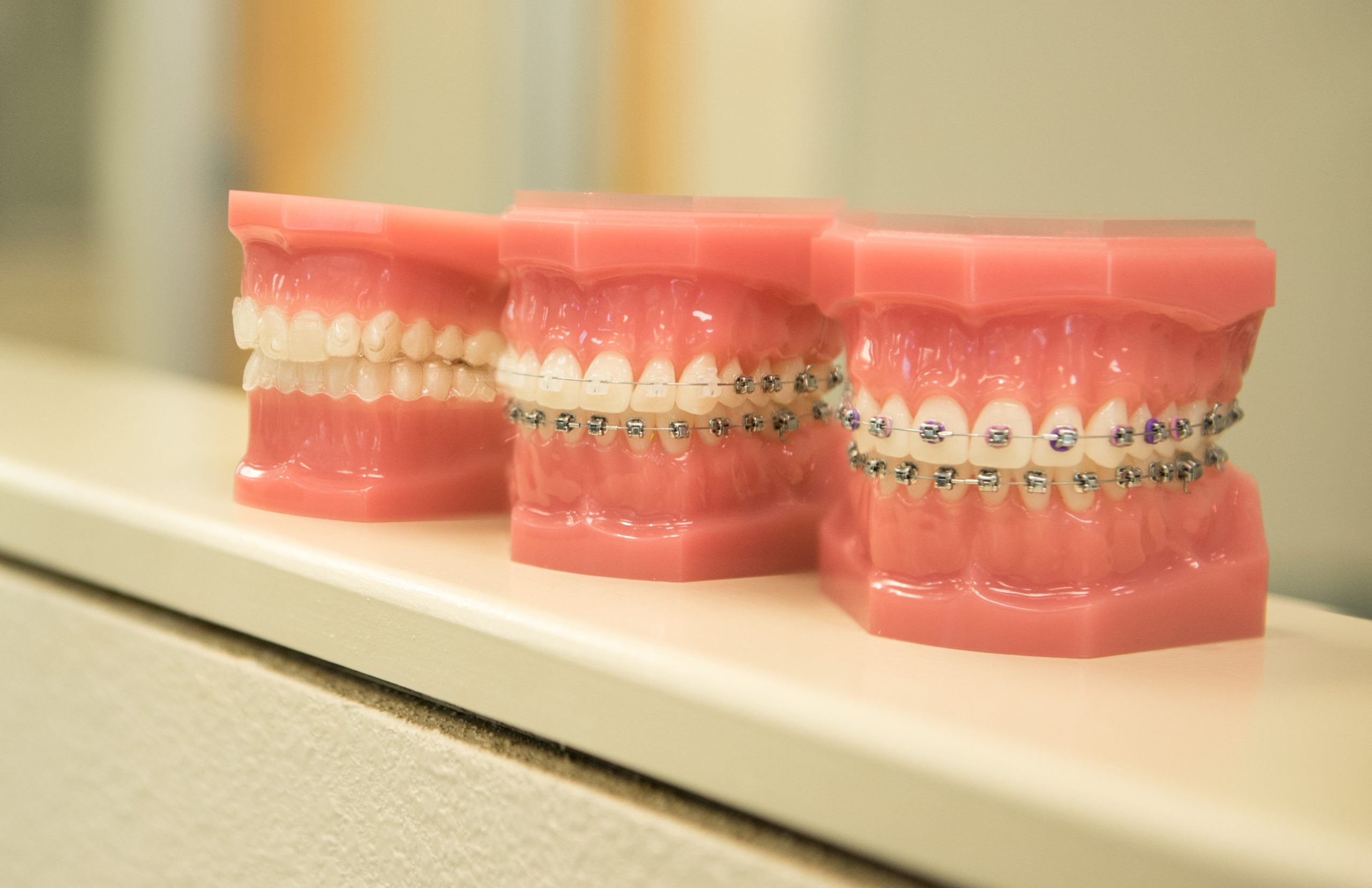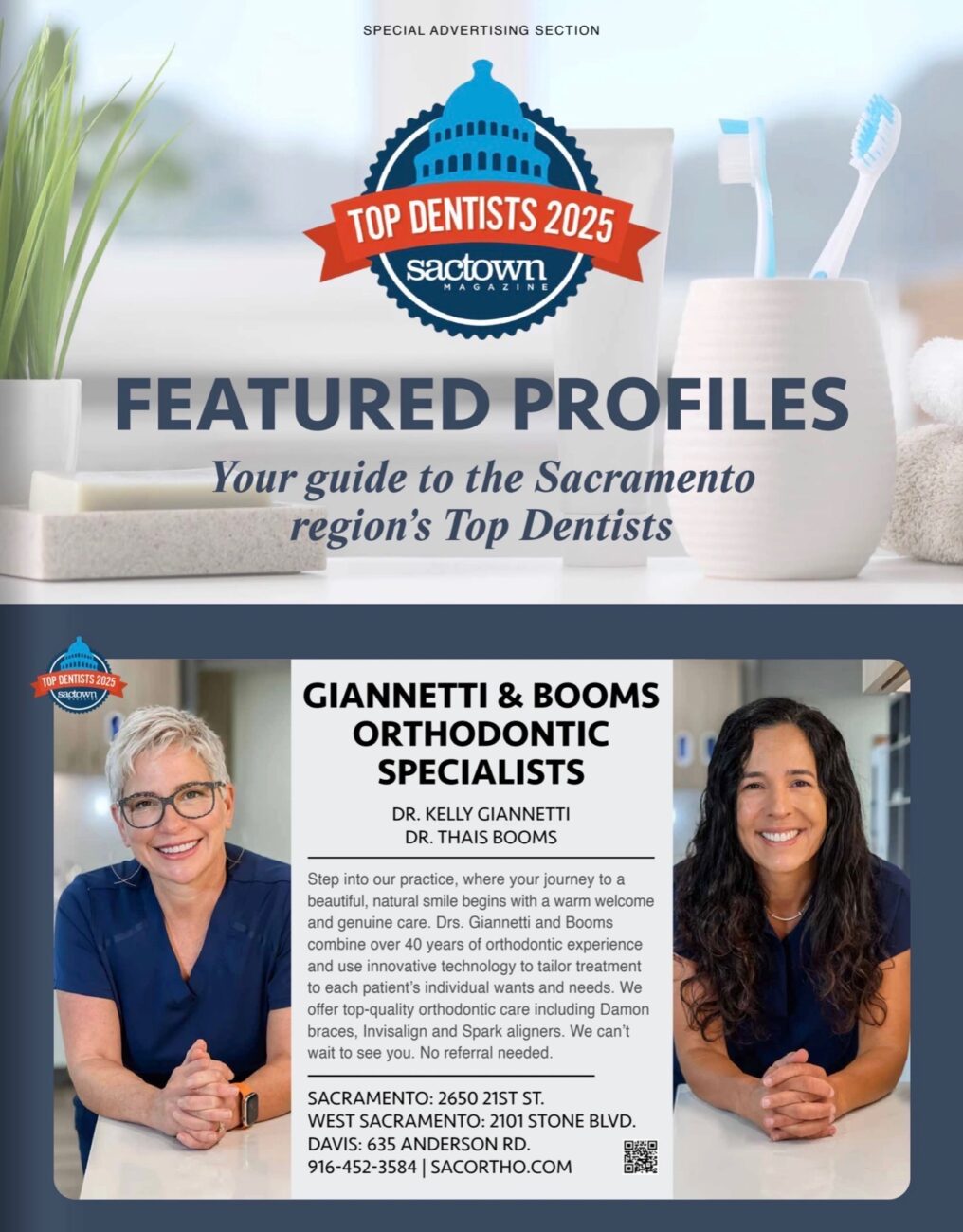How old can you be and still get orthodontic treatment? Honestly, there’s no limit. So far, the oldest patient I’ve treated is 85, and I have many people in their late seventies and early eighties in stages of orthodontic treatment at any given time. Orthodontics, or the treatment of malpositioned teeth and jaws, is applicable to individuals at every stage in life. The goal, no matter the situation, is to provide a healthy, functional, and attractive smile. There are the aesthetic factors that motivate one’s involvement with an orthodontist, but beyond that, there are physical repercussions that require effective orthodontic treatment. The following are some common instances where orthodontic treatment may be beneficial for you or your family member:
- Early prevention treatment – Did you know the American Association of Orthodontists recommends that an orthodontist should screen your child at no later than 7 years of age? We see children every day who either because of genetics or habits like thumb sucking have issues that need to be addressed. And while most kids won’t need immediate treatment, those who do can benefit from it enormously. There’s a lot of good we can do in some cases where a younger child, between 6 and 9, has a jaw that’s not growing properly and needs correcting.
- You have a bite that’s off – Do you feel your teeth are wearing down? Can you sense that your bite doesn’t feel quite right when eating, talking or yawning? Your bite could very well be the problem. Beyond bite issues, you could be experiencing pain in your neck and head. It’s a problem we see often, and one that we can usually fix.
- Your teeth are crowded and/or crooked – This is likely what you associate with the orthodontist – the straightening of teeth. Regardless of your age, it’s never too late to straighten your smile and improve your oral health. There are treatments tailored to every age and need – don’t let the traditional notion of the pre-teen with braces prevent you from getting the care you need to achieve your best smile.
- You have gum disease – We frequently receive patients from a periodontist who is a gum specialist. He sends adult patients who have a history of periodontal disease that is now controlled, such as like chronic bone loss and gum problems to correct a bad bite and prevent future tooth loss – and it works.
The bottom line is this: if you’re seeing teeth shifting, abnormal wear on your teeth, or anything you would like to see change about your smile and/or bite, get an exam and assessment from an orthodontist. The underlying problem may be your bite and the sooner you get it fixed, the less damage you’ll have to repair in the future.


